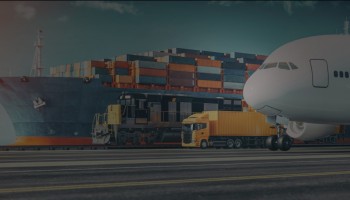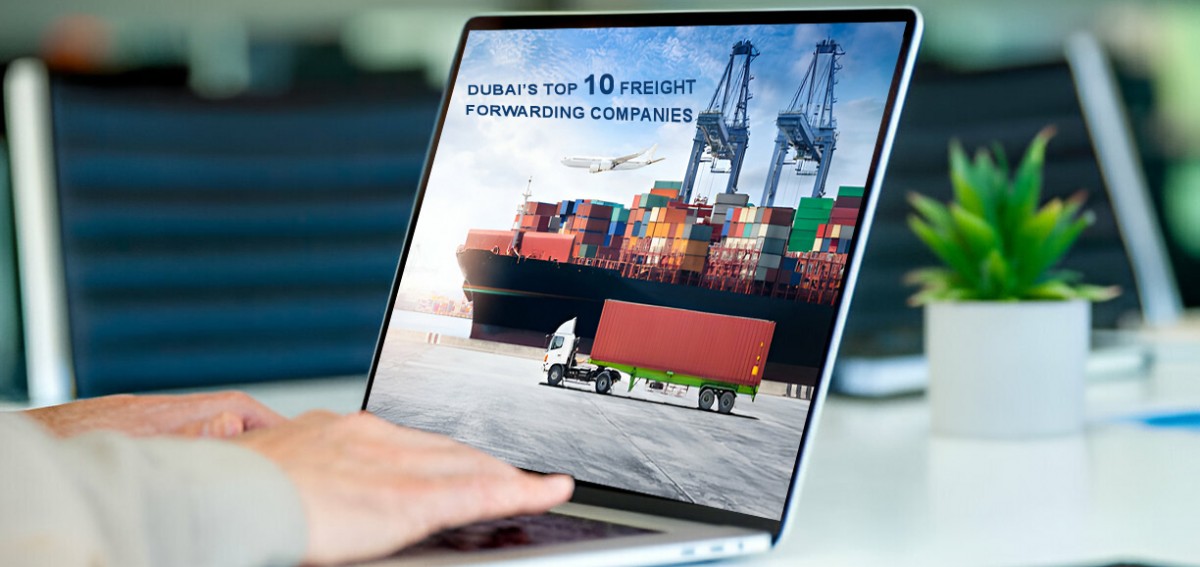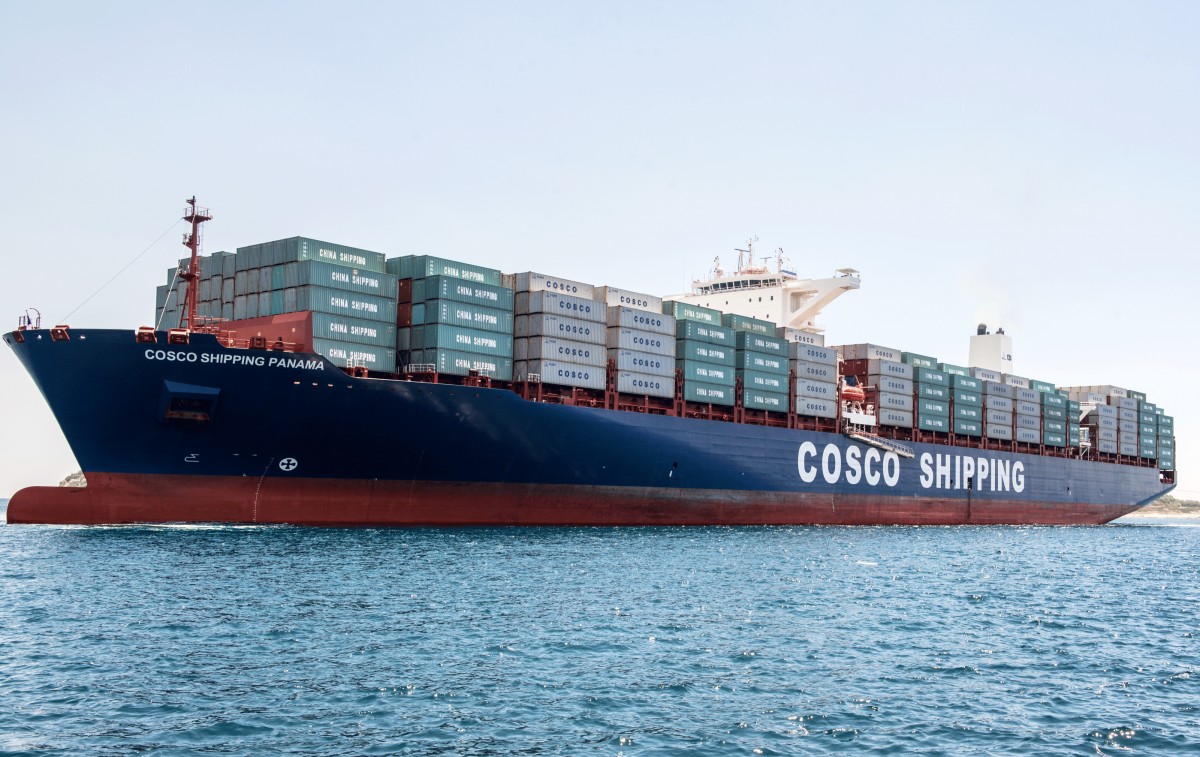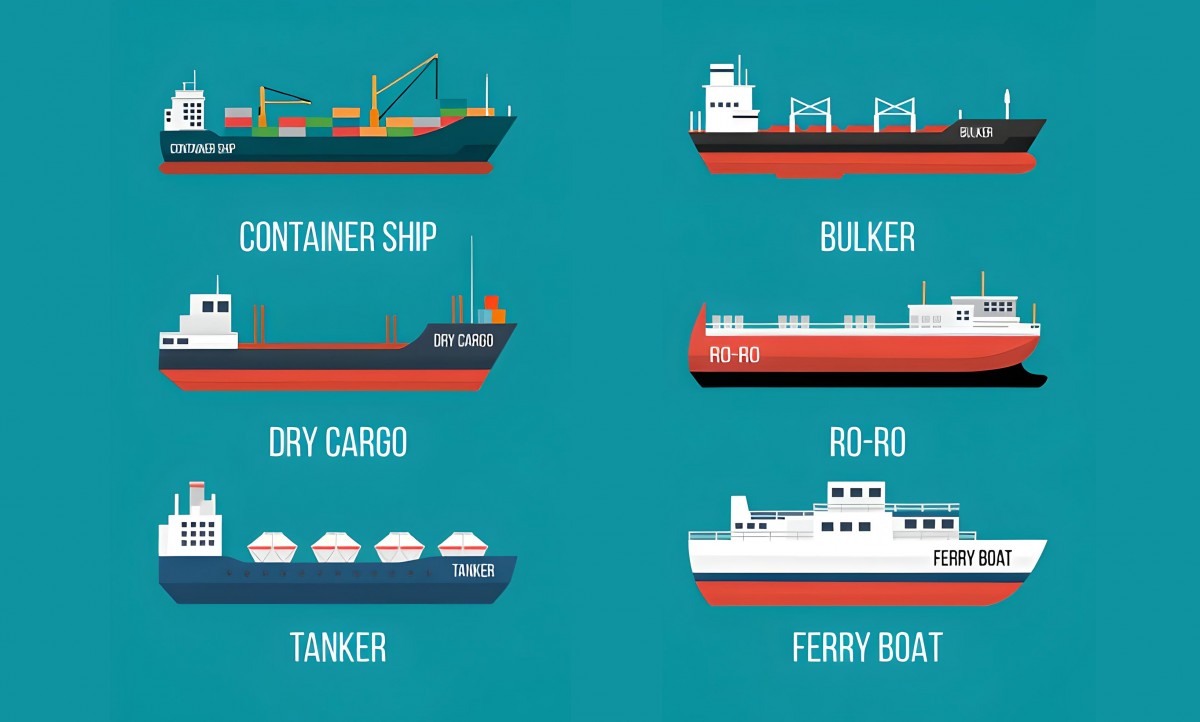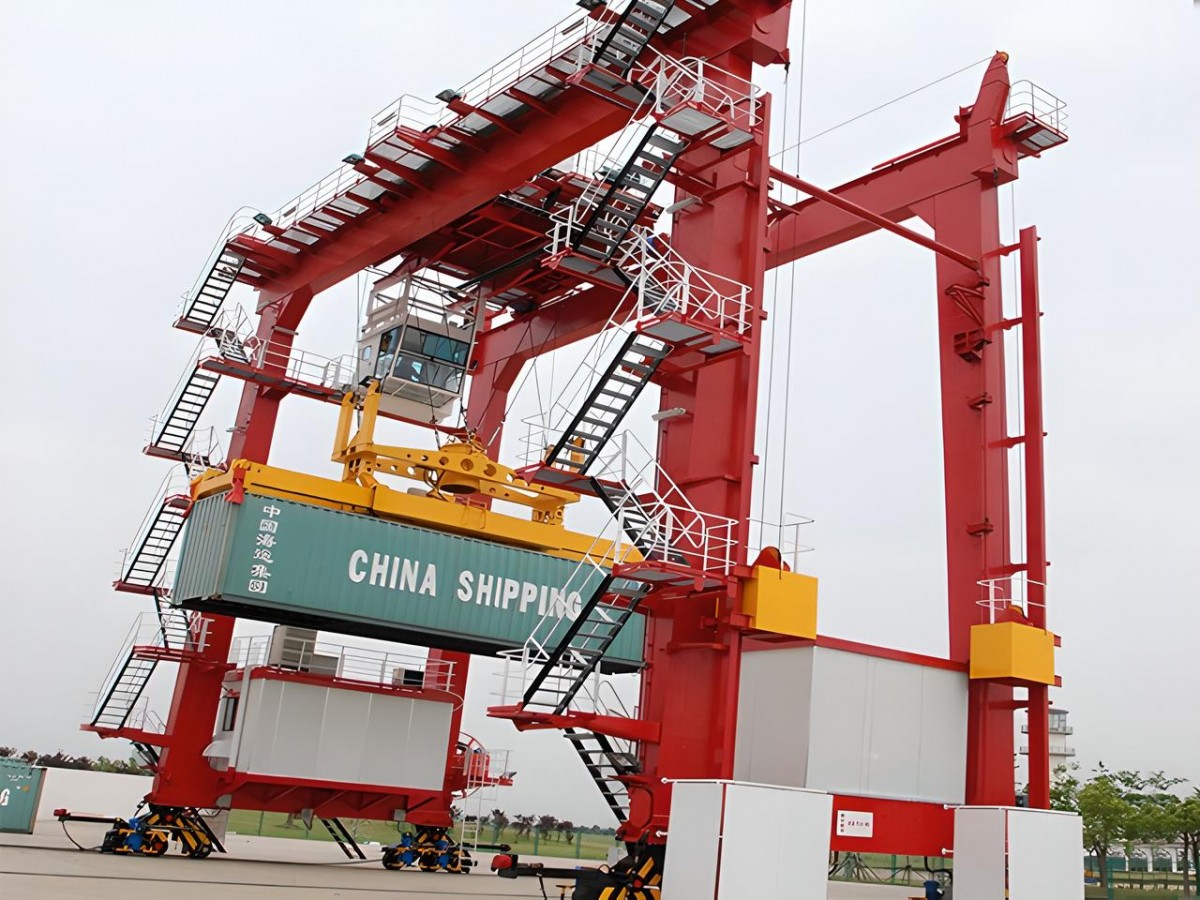The role of 3PL providers has become increasingly important in today’s globalized economy, where businesses need to optimize their supply chains to remain competitive. Whether it’s managing inventory, shipping products to customers, or handling returns, a 3PL provider offers the expertise, infrastructure, and technology needed to streamline logistics operations.
Guide to 3PL (Third-Party Logistics) Providers
Key Components of 3PL Services
1. Procurement and Inventory Management
- Inventory Control: 3PL providers track inventory levels, manage stock, and ensure that businesses have the right amount of goods available to meet customer demand. They use sophisticated inventory management systems that provide real-time data on stock levels, helping businesses avoid overstocking or running out of products.
- Supplier Coordination: A 3PL provider often works directly with suppliers to manage the procurement process. This involves ordering products, coordinating deliveries, and ensuring that goods are available when needed.
- Demand Forecasting: 3PL companies can also assist businesses in predicting future demand for their products. By analyzing sales data, market trends, and other factors, 3PL providers help businesses plan their inventory more accurately.
2. Warehousing and Storage
- Another critical service provided by 3PL companies is warehousing. 3PL providers operate large, strategically located warehouses that offer businesses cost-effective storage solutions for their products. The key benefits include:
- Flexible Storage: 3PL providers offer businesses the flexibility to scale their storage needs up or down depending on demand. This is particularly useful for companies with seasonal sales cycles.
- Warehouse Management Systems (WMS): Modern 3PL providers use advanced warehouse management systems to track inventory, optimize space utilization, and ensure the efficient picking and packing of products.
- Cross-Docking: Some 3PL providers offer cross-docking services, where goods are unloaded from an incoming shipment and immediately loaded onto outbound vehicles, minimizing storage time and speeding up the fulfillment process.
3. Transportation and Freight Management
- Freight Forwarding: 3PL providers arrange and manage the shipment of goods across different transportation modes, including air, sea, road, and rail. They handle the logistics of shipping goods domestically and internationally, including customs clearance and documentation.
- Carrier Selection: 3PL providers have established relationships with a wide range of carriers and can negotiate favorable shipping rates. By selecting the most efficient and cost-effective transportation options, 3PL companies help businesses save on shipping costs.
- Route Optimization: Using technology and data analytics, 3PL providers can optimize transportation routes, reducing transit times and fuel costs. This ensures timely delivery of goods and enhances customer satisfaction.
- Last-Mile Delivery: The final stage of the delivery process, known as last-mile delivery, is often the most expensive and complex part of the logistics chain. Many 3PL providers specialize in managing this crucial step, ensuring that goods are delivered to the customer's doorstep efficiently and on time.
4. Order Fulfillment
- Picking and Packing: 3PL providers handle the picking and packing of products based on customer orders. They use advanced systems to ensure that orders are processed quickly and correctly, reducing errors and improving customer satisfaction.
- Shipping: Once orders are packed, the 3PL provider arranges for shipping to the customer. They manage the entire process, from selecting the carrier to tracking the shipment and handling any issues that arise during transit.
- Returns Management: 3PL providers also handle returns and reverse logistics. This includes receiving returned products, inspecting them, restocking items that can be resold, and managing the disposal or recycling of goods that cannot be returned to inventory.
5. Technology and Data Integration
- Transportation Management Systems (TMS): A TMS helps businesses manage and optimize their transportation operations. It allows for route planning, carrier selection, shipment tracking, and performance analysis.
- Warehouse Management Systems (WMS): A WMS is used to manage inventory within warehouses, optimize storage space, and ensure that goods are picked, packed, and shipped efficiently.
- Enterprise Resource Planning (ERP) Integration: Many 3PL providers integrate with their clients' ERP systems, enabling seamless data sharing and coordination between the 3PL provider and the client's internal systems.
- Customer Portals: Many 3PL providers offer customer-facing portals that allow businesses to track their inventory, view order statuses, and access key data in real-time.
Advantages of Using a 3PL Provider
1. Cost Savings
By outsourcing logistics operations, businesses can reduce overhead costs associated with maintaining warehouses, managing inventory, and operating transportation fleets. 3PL providers can negotiate better shipping rates and offer scalable services that grow with the business, minimizing unnecessary expenses.
2. Focus on Core Competencies
Outsourcing logistics allows businesses to focus on their core competencies, such as product development, marketing, and customer service. The 3PL provider handles the complex logistics tasks, ensuring that the supply chain runs smoothly without requiring the business to divert attention from its primary operations.
3. Scalability
A significant advantage of working with a 3PL provider is the ability to scale logistics services according to demand. For example, during peak seasons or periods of high sales, the 3PL provider can quickly increase warehouse space, staffing, and transportation capacity to meet the increased demand.
4. Access to Expertise
3PL providers are experts in logistics and supply chain management. They have a deep understanding of industry best practices, regulations, and technologies, allowing them to optimize logistics processes and provide businesses with valuable insights and advice.
5. Improved Customer Experience
With a well-managed logistics operation, businesses can improve order fulfillment times, ensure accurate deliveries, and handle returns more efficiently. This leads to increased customer satisfaction and loyalty.
6. Risk Management
3PL providers help businesses mitigate risks associated with logistics, such as disruptions in the supply chain, fluctuations in fuel prices, and regulatory changes. By outsourcing logistics to a 3PL provider, businesses can rely on their expertise and resources to manage these risks effectively.
Challenges of Working with a 3PL Provider
While using a 3PL provider offers many advantages, there are also challenges to consider:
- 1. Loss of Control
Outsourcing logistics operations means relinquishing some control over key aspects of the supply chain. Businesses may find it challenging to maintain the same level of oversight and direct management when working with a 3PL provider.
- 2. Dependency on the 3PL Provider
Relying on a third-party provider for critical logistics functions can create dependency. If the 3PL provider experiences issues, such as capacity constraints or operational failures, it can disrupt the business’s supply chain and impact customer satisfaction.
- 3. Integration and Communication
Ensuring seamless communication and data integration between the business and the 3PL provider can be challenging. Businesses need to invest time and resources into establishing effective collaboration and ensuring that the 3PL provider understands their specific logistics needs.
The Future of 3PL Services
- Automation and Robotics: The use of automation in warehouses, such as robotic picking systems, will improve efficiency and reduce labor costs.
- Sustainability: 3PL providers are increasingly focusing on sustainable logistics practices, such as using electric vehicles, optimizing routes to reduce fuel consumption, and minimizing waste in packaging and shipping.
- E-Commerce Growth: With the rapid rise of e-commerce, 3PL providers are expanding their services to include faster delivery options, advanced order fulfillment systems, and better integration with online retail platforms.
- Technology Integration: Continued advancements in logistics software, real-time tracking, and data analytics will allow 3PL providers to offer more customized and transparent services to their clients.
A 3PL (Third-Party Logistics) provider plays a crucial role in today’s global supply chain by offering businesses comprehensive logistics services that improve efficiency, reduce costs, and enhance customer satisfaction. From managing inventory and warehousing to handling transportation and order fulfillment, 3PL providers enable businesses to focus on their core operations while ensuring that their logistics processes run smoothly. Despite challenges like dependency and loss of control, the benefits of working with a 3PL provider make it an attractive option for businesses looking to optimize their supply chain operations. With advancements in technology and a growing focus on sustainability, the future of 3PL services looks promising, offering even more value to businesses across industries.



